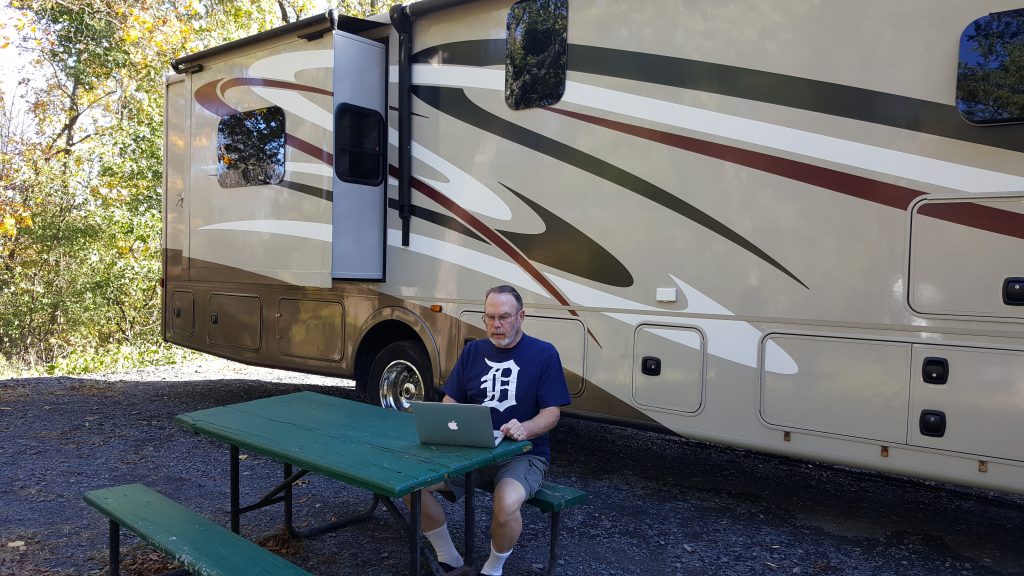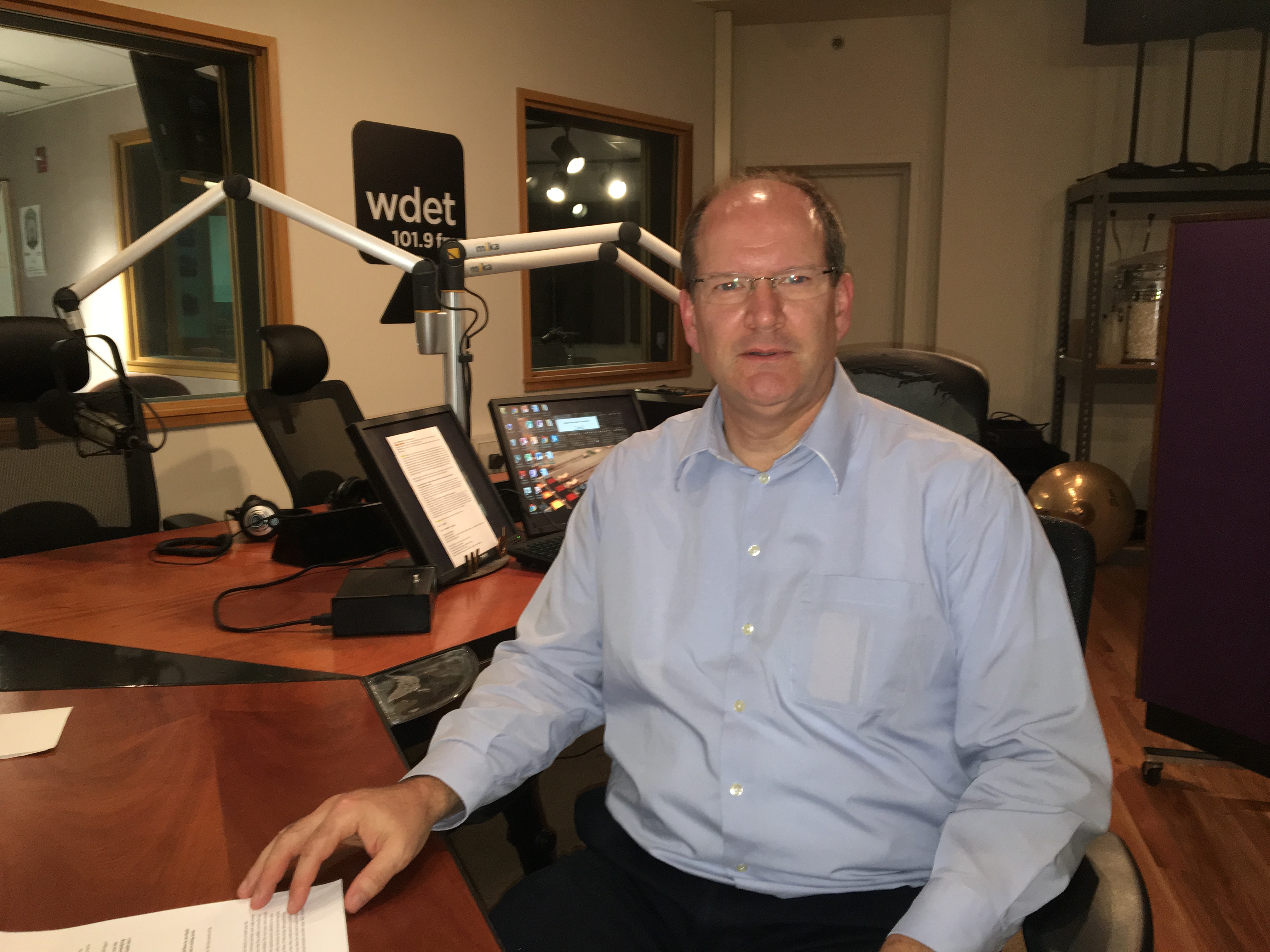“Why Isn’t There More Information About Who’s Running for Office?”
Listener Chuck Fellows wants to know why all candidates can’t just fill out one questionnaire so he knows who they are.

WDET and the Citizens Research Council of Michigan asked for your questions about elections … and Listener Chuck Fellows had one.

Fellows, who lives in Livingston County, has been listening to WDET this fall as he travels in his motor home on the East Coast. But even though he’s far from home, Tuesday’s local elections are on his mind.
He wants to know why candidates are not required to answer a questionnaire about who they are and where they stand on issues. He wants a place where he can go to read about, listen to or watch videos to learn about candidates. He wants to know how they’d vote on issues, what policies are their priorities. In his ideal pre-election world, candidates for each office would answer the same set of questions.
“I am really, really concerned about the elections. It’s the level of knowledge is lacking in the general public, and also the general public don’t know where to go to find good information,” he says. “I think that every person running for office should have to… answer the Vote Smart questionnaire. Take the risk and answer in writing all the questions.”

The questionnaire he mentions comes from the Vote Smart organization, a nonprofit, non-partisan political research organization located in Des Moines, Iowa.
Vote Smart compiles biographical information, public statements and voting records for candidates and sends them surveys, says spokesman Alejandro Ortiz. When the candidates answer Vote Smart questionnaires, the results are put online. That way voters can compare similar information and not have to wade through the candidates’ own promotional websites.
While Vote Smart does this in all 50 states, it’s only for statewide offices – such as governors, legislators and attorneys general. Not city councils, mayors and clerks, which are what are on Michigan ballots this fall and what Fellows wanted to know about.
Ortiz says he understands Chuck’s question. It’s one he’s heard before from voters across the country: Where can you find information about local candidates?
“It’s definitely an interest, something that that gets brought up all the time, when we’re talking to users and such and something that would be very, very valuable. That is a huge project,” Ortiz says.
Could it be done?
Eric Lupher, executive director of the Citizens Research Council of Michigan, has spent some time thinking about how such an undertaking could work in Michigan. The CRC, a nonprofit, nonpartisan group with offices in Livonia and Lansing, researches and analyzes public policy. Lupher has also wondered more about the people who make policy.
In some states, the Secretary of State does a survey of candidates in local races and provide those answers for voters. But Lupher says he has reservations about that system and says having a law that required the practice would not work.
“The problem when you get into that is sort of the issue of freedom of speech. Should government be the arbiter of information to know what questions should be asked?'” he says.
Voters can find information like Fellows is looking for in reports from political parties or interest groups, but Lupher says voters should be wary of their limited scope.

“They do a pretty good job of finding out ‘is this person going to support the issues that are important to that interest group, what are they going to do about it. And are they worthy of support?’” Lupher says.
Voters also can find information from groups like the League of Women Voters and Citizen Detroit who do survey some candidates. Some communities host forums where candidates answer questions. News media could do more to report about local races.
But ultimately, Lupher says, the public has a role outside of election season to demand better information about future leaders.
“I think we have to continue to expand, to encourage, to fund the groups that are providing the nonpartisan database of information on the issues, like Vote Smart, like the League of Women Voters and many others out there to continue to support our media outlets so that they’re able to be an arbiter, a conduit to find the information,” Lupher says.
Election Day is Tuesday and dozens of local races will be decided, whether or not voters like Fellows are satisfied with what they know about candidates.
